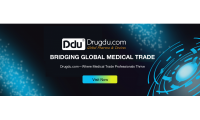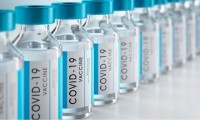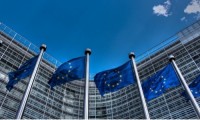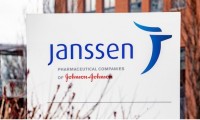-
【EXPERT Q&A】What are the market access requirements for medical devices entering the Ecuadorian market?
- Source: drugdu
- 280
- May 31, 2023
-
While Pfizer, BioNTech agree to cut COVID vaccine supply to Europe, Moderna sets up shop in China
- Source: drugdu
- 137
- May 31, 2023
-
【EXPERT Q&A】What steps does the initiation of a drug development project go through?
- Source: drugdu
- 246
- May 30, 2023
-
European Commission to receive fewer Pfizer-BioNTech vaccine doses under amended contract
- Source: drugdu
- 116
- May 30, 2023
-
EU regulators recommend yanking authorization for Novartis’ sickle cell med Adakveo after phase 3 miss
- Source: drugdu
- 158
- May 30, 2023
-
Pfizer’s Paxlovid approved by FDA and Gilead’s Veklury recommended by CHMP
- Source: drugdu
- 102
- May 30, 2023
-
Janssen reports decline in 2022 net prices as out-of-pocket costs grow
- Source: drugdu
- 104
- May 29, 2023
-
Boston Scientific cancels $230M stent deal after regulators erect barriers to acquisition
- Source: drugdu
- 83
- May 29, 2023
-
Celadon secures medicinal cannabis contract
- Source: drugdu
- 116
- May 27, 2023
your submission has already been received.
OK
Subscribe
Please enter a valid Email address!
Submit
The most relevant industry news & insight will be sent to you every two weeks.












